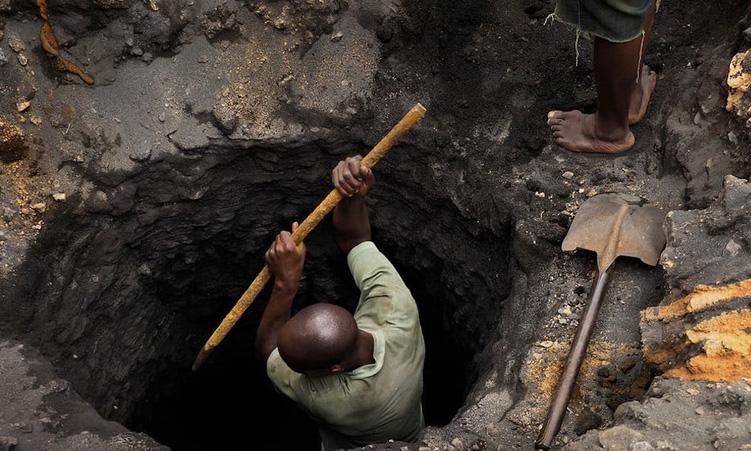IT IS really disheartening to see what is happening in the settlements, villages and towns around the country.
It seems that more and more local authorities are being affirmed without enough support from the central government. This is actually a time bomb that can be expected to go off any time; resulting in land use spiralling out of control, diseases breaking out and infrastructure eventually giving in once and for all. I am of the opinion that our government needs to give more attention to these settlements that are developing in our beloved country. Sure enough economic activities are on an increase in these areas and so is the daunting clustering (urbanisation) of the masses around these centres. I am referring to the sewerage that’s flowing along streets in every settlement in Namibia.The growth in these urban centres is too much for local councils to be able to manage. Infrastructure demands are staggering, in most cases the routes of the municipal services like water and sewer lines are not all known. Not to even mention the presence of master plans. In most cases in these developments you would find a small portion with proper infrastructure but in a very bad state. These are usually areas where the privileged few lived in the past and now is overstretched because everything is connected there. When will our government realise that a lot more investment needs to be made in urban areas to better infrastructure? These are public infrastructures that in fact support the wider population in the country. It goes without saying that rural development is necessary, however as predicted in the Vision 2030 documents, the population in the urban areas could be as high as 75% of the total population by the year 2030. It further says that we aim to have reliable infrastructure by this time. By my estimation, by 2030 if the trend of infrastructure investment and maintenance in the local authorities continues we will have highly unreliable, if not dilapidated, infrastructure.The economic activities of the country mostly swirl from urban centres and therefore a parallel effort needs to go into investment. It is no secret that that local councils are unable to attract and/or retain skilled personnel. This has often led to manipulation by so-called consultants that supposedly know better. Experience has shown that these consultants have no interest in the future of these local authorities at all. As a result proposals and designs for improving infrastructure usually has no sustainability factor.In the recent floods in the northern part it became evident that the local authorities are hardly equipped to react to disasters. The storm water infrastructure is almost non-existent and other facilities like roads are poorly designed and constructed. Development and maintenance of public infrastructure for local authorities really leaves much to be desired. The government intervention needs to be intensified and maintained until an acceptable level of development is achieved. Without this intervention, we could face bigger problems in provision of water, sanitation, roads and other infrastructure.R T HasheelaWindhoek
Stay informed with The Namibian – your source for credible journalism. Get in-depth reporting and opinions for
only N$85 a month. Invest in journalism, invest in democracy –
Subscribe Now!










